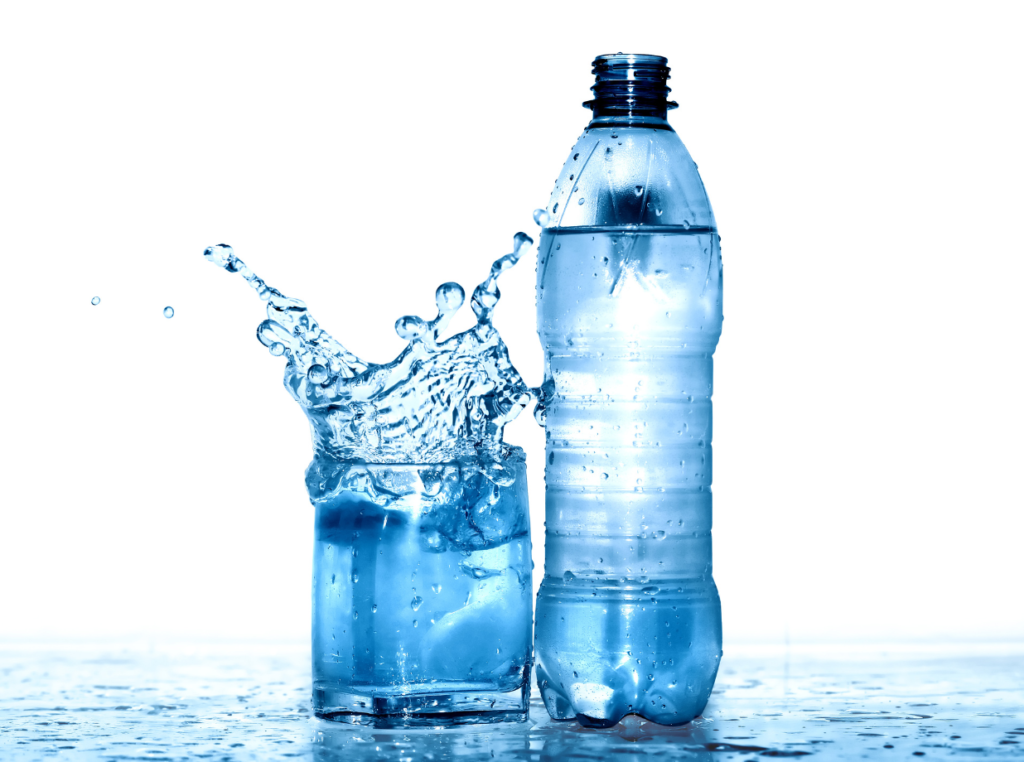Water is an essential element for life, and its purity is crucial for various applications, including drinking, cooking, and industrial processes. Distilled and deionized water are two types of purified water that are commonly used in different settings. Distilled water is created through the process of distillation, which involves boiling water to create steam and then condensing the steam back into liquid form. Deionized water, on the other hand, is produced through the process of deionization, which involves removing ions and impurities from water using ion exchange resins or other methods. Both types of water are known for their high purity, but they differ in terms of their production methods and uses.
The Distillation Process and its Effects on Water
The distillation process is a simple yet effective method for purifying water. It involves heating water to create steam, which is then collected and condensed back into liquid form. This process effectively removes impurities, such as minerals, heavy metals, and other contaminants, leaving behind pure H2O. The resulting distilled water is free from most impurities and is considered one of the purest forms of water available. However, the distillation process also removes beneficial minerals from the water, such as calcium and magnesium, which are important for health. Additionally, some volatile organic compounds may not be completely removed through distillation, so it is important to consider the source of the water before distilling it.
The distillation process has a significant impact on the quality of water. It effectively removes impurities and contaminants, resulting in highly pure water. However, it also removes beneficial minerals and may not eliminate all volatile organic compounds. It is important to consider the source of the water before distilling it to ensure that it is safe for consumption.
The Benefits of Using Distilled Water for Your Plants
The Deionization Process and its Effects on Water
Deionization is another method for purifying water, which involves removing ions and impurities from water using ion exchange resins or other methods. This process effectively removes dissolved solids, such as salts and minerals, from the water, resulting in highly pure H2O. Deionized water is commonly used in laboratories, industrial settings, and certain manufacturing processes where high purity is required. However, the deionization process does not remove all types of impurities, such as bacteria and organic compounds, so it is important to use deionized water in conjunction with other purification methods when necessary.
The deionization process is effective at removing dissolved solids and ions from water, resulting in highly pure H2O. However, it does not eliminate all types of impurities, such as bacteria and organic compounds. It is important to use deionized water in conjunction with other purification methods when necessary to ensure that it is safe for its intended use.
Health Benefits and Risks of Distilled Water
Distilled water is known for its high purity, as it effectively removes impurities and contaminants from water. This makes it a popular choice for drinking and cooking, as well as for use in medical devices and certain industrial processes. However, the distillation process also removes beneficial minerals from the water, such as calcium and magnesium, which are important for health. Some studies have suggested that drinking distilled water may lead to mineral deficiencies over time, although this is a topic of debate among experts. Additionally, some volatile organic compounds may not be completely removed through distillation, so it is important to consider the source of the water before distilling it for consumption.
While distilled water is known for its high purity, it also lacks beneficial minerals that are important for health. Some studies have suggested that drinking distilled water may lead to mineral deficiencies over time, although this is a topic of debate among experts. Additionally, some volatile organic compounds may not be completely removed through distillation, so it is important to consider the source of the water before using it for drinking or cooking.
Distilled Water Health Benefits
Health Benefits and Risks of Deionized Water
Deionized water is also known for its high purity, as it effectively removes dissolved solids and ions from water. This makes it a popular choice for use in laboratories, industrial settings, and certain manufacturing processes where high purity is required. However, the deionization process does not remove all types of impurities, such as bacteria and organic compounds, so it is important to use deionized water in conjunction with other purification methods when necessary. Additionally, some studies have suggested that drinking deionized water may lead to mineral deficiencies over time, although this is a topic of debate among experts.
While deionized water is known for its high purity, it does not remove all types of impurities, such as bacteria and organic compounds. It is important to use deionized water in conjunction with other purification methods when necessary to ensure that it is safe for its intended use. Some studies have suggested that drinking deionized water may lead to mineral deficiencies over time, although this is a topic of debate among experts.
Comparing the Purity and Uses of Distilled and Deionized Water
Both distilled and deionized water are known for their high purity, as they effectively remove impurities and contaminants from water. However, they differ in terms of their production methods and uses. Distilled water is created through the process of distillation, which involves boiling water to create steam and then condensing the steam back into liquid form. Deionized water, on the other hand, is produced through the process of deionization, which involves removing ions and impurities from water using ion exchange resins or other methods.
Distilled water is commonly used for drinking and cooking, as well as for use in medical devices and certain industrial processes. Deionized water is commonly used in laboratories, industrial settings, and certain manufacturing processes where high purity is required. Both types of water are suitable for various applications where purity is essential.
Which is Better for Your Health?
In conclusion, both distilled and deionized water are known for their high purity and are suitable for various applications where purity is essential. However, they both have their own set of benefits and risks when it comes to health. Distilled water effectively removes impurities and contaminants from water but also removes beneficial minerals that are important for health. Deionized water effectively removes dissolved solids and ions from water but does not remove all types of impurities, such as bacteria and organic compounds.
Ultimately, the choice between distilled and deionized water depends on the specific needs and preferences of the individual. For drinking and cooking purposes, some people may prefer to use distilled water despite its lack of minerals, while others may opt for deionized water in certain industrial or laboratory settings where high purity is required. It is important to consider the source of the water and any potential health risks before using either type of purified water for consumption or other purposes.
Frequently Asked Questions about Deionized and Distilled Water
- What is deionized water? Water that has had most mineral ions removed through an ion exchange process.
- What is distilled water? Water that has been boiled into vapor and condensed back into liquid, removing impurities.
- Are deionized and distilled water the same? No, they’re produced differently and may have slightly different properties.
- Which is purer? Distilled water is generally considered purer, as it removes more contaminants.
- Is it safe to drink deionized or distilled water? Yes, but it’s not recommended for long-term consumption as it lacks essential minerals.
- What are common uses for deionized water? Laboratory experiments, automotive cooling systems, and certain manufacturing processes.
- What are common uses for distilled water? Medical devices, car batteries, steam irons, and aquariums.
- Do they have different pH levels? Both are typically neutral (pH 7) but can become slightly acidic when exposed to air.
- How long do they stay pure? Both can absorb carbon dioxide from air, becoming slightly acidic over time.
- Are they suitable for watering plants? Not ideal, as they lack minerals necessary for plant growth.



